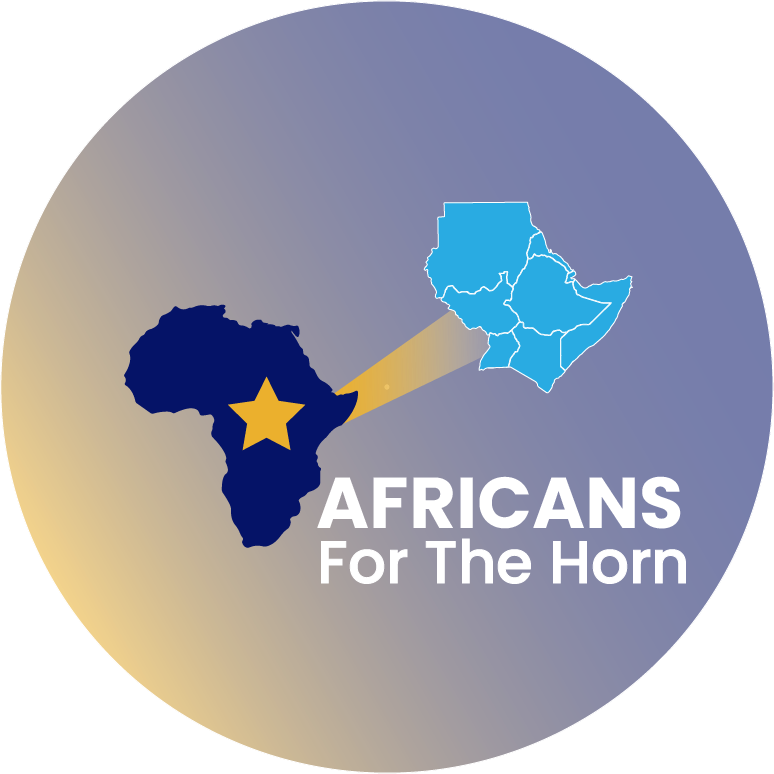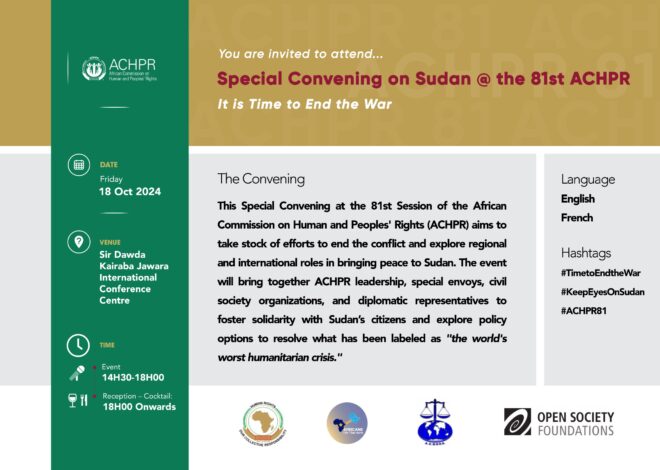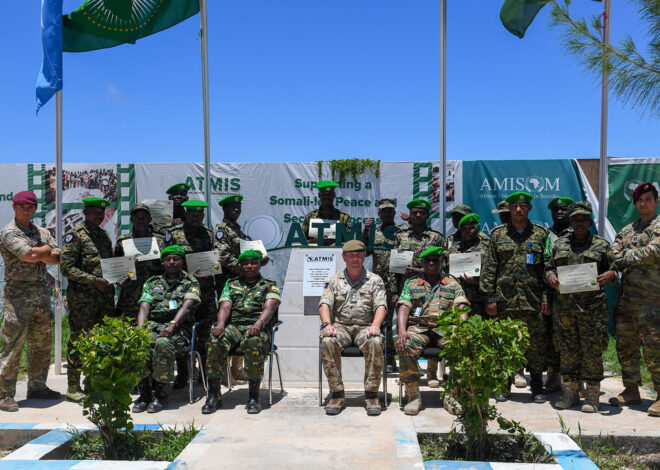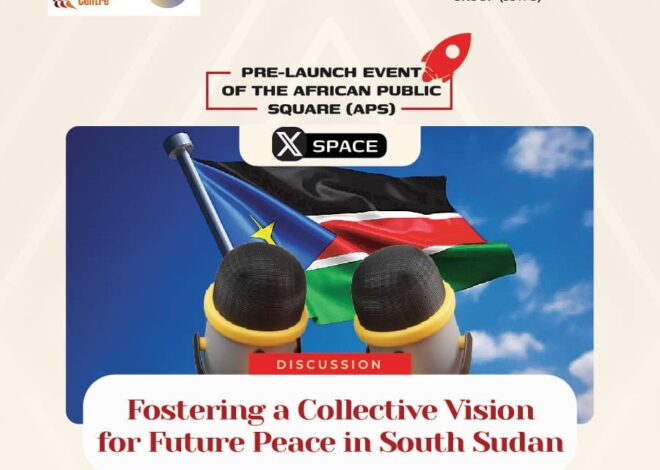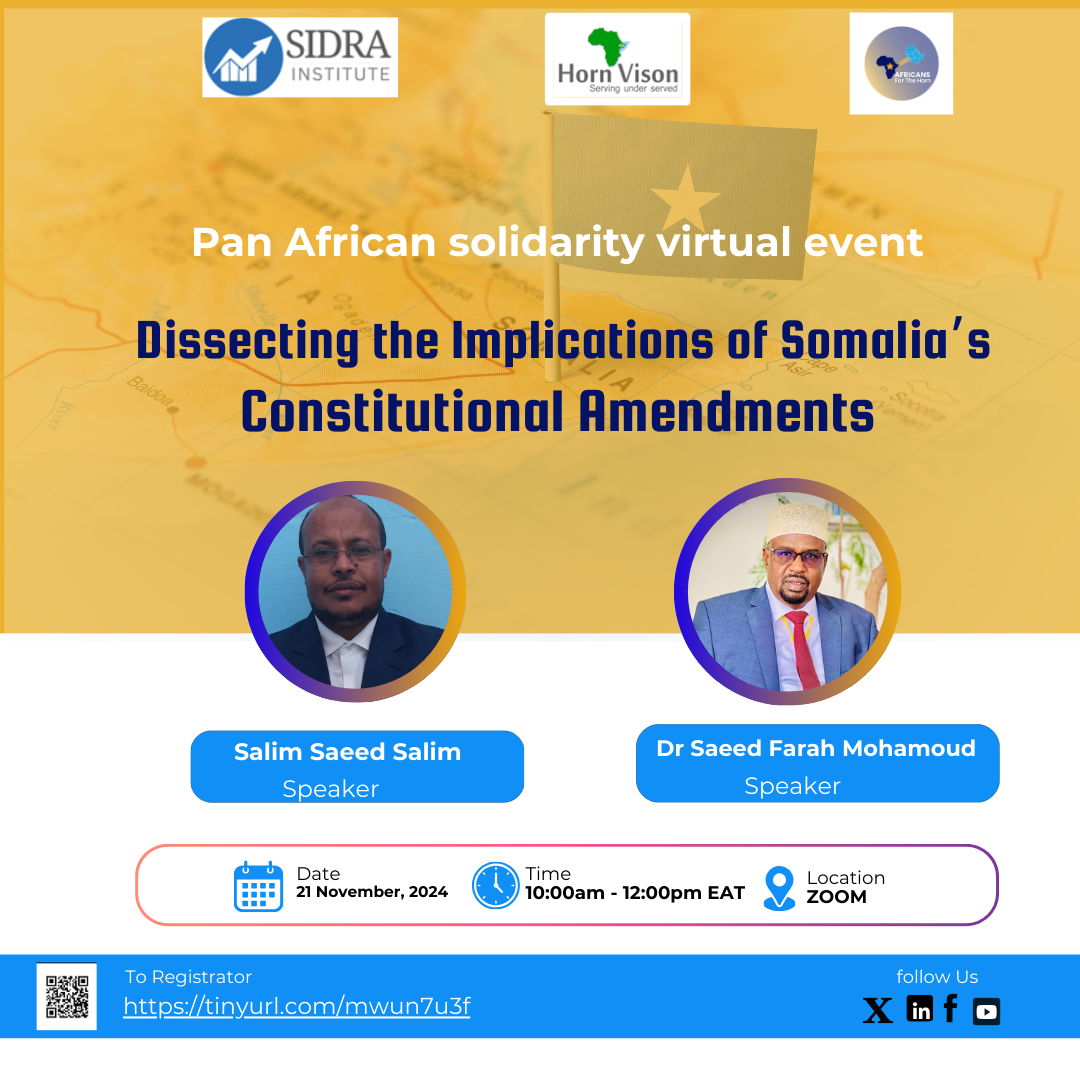
Dissecting the Implications of Somalia’s Constitutional Amendments
Africans for the Horn of Africa Initiative (Af4HA) in partnership with Somali Institute Development Research and Analysis aka SIDRA Institute and Horn Vision, are pleased to invite you to a Pan African solidarity virtual event on Thursday, 21 November 2024, at 10:00 -12:00 EAT to highlight the recent developments in Somalia aligned to the Constitutional amendments adopted by the Federal government and their impact on Somalia’s federalism, peace and security and also in the Horn of Africa region. We hope that the webinar will contribute to raising awareness on the implications of these developments, while also providing an avenue for developing ideas on future actions and prospects.
Contextual background
Recently the Federal government of Somalia amended some provisions of its Constitution, and other provisions are proposed for amendment. This move led to confrontation between the Federal government and state governments, specifically Puntland (announced its intention to leave the federal system) and Somaliland. The changes have been viewed as detrimental to national unity for the Federal government and states, and potentially destabilizing to the security of Somalia.
The Constitution is the basic law of a country wherein the sovereign will of the people is expressed, making it necessary for Somalis citizens to deliberate on the recent constitutional developments, in order to understand the implications – both positive and negative – of the amendments. The webinar will also provide a platform for conversation on what citizens can expect following the changes adopted as well as those proposed, including the process of building consensus which is key in constitutional review processes and on the proposed referendum and its potential outcomes.
The Speakers will interrogate: first, the process of constitutional amend both in theory and practice; second, the substance of the amendment; and third, what the process that led to the amendment as well as the amendment itself means for Somali citizens in terms of the enjoyment of their constitutional rights, peace and security.
Speakers:
- Dr. Saeed Farah Mohamoud: an economist and statistician by profession is the Director of Horn Vision. He has extensive experience including in the areas of development programming, humanitarian coordination and leadership both at the national and international level. Dr. Mohamoud served in the public sector for over a decade as a member of Puntland’s legislative and, later, executive branches including, holding the position of Vice Minister of Planning and International Cooperation. Besides, he also played a significant role in the preparation of the National Development Plan under the leadership of the Federal Ministry of Planning. And as a Member of Parliament he led the Human Rights Sub- Committee. At the international level, Dr. Mohamoud he served in various capacities for development and humanitarian organizations operating in Somalia: human affairs analyst (United Nations Office for Coordinating Humanitarian Affairs, OCHA); senior expert (United Nations Development Program, UNDP), Program Officer (Care International), and Senior Manager (Adventist Development and Relief Agency, ADRA).
- Mr. Salim Said Salim: Salim is a legal researcher with a deep expertise in public law, holding both a Bachelor of Laws (LL.B.) and a Master of Laws (LL.M.), supplemented by a master’s degree in education, focusing on educational planning. He has been serving as the Dean of Law at Puntland State University in Somalia since 2011, where his teaching portfolio includes constitutional law, human rights, administrative law, and criminal law. In his extensive professional journey, Salim has collaborated with various international organizations, notably United Nations agencies, and has provided expert legal and public policy advice to both state and federal ministries in Somalia. Currently, he is the Executive Director of the Somali Institute for Development and Research Analysis (SIDRA), having previously held a position as a research fellow there. His academic contributions are highlighted by his publications on critical legal issues, including “Methods and Tools of Unification of Somali Laws in Light of the Provisional Federal Constitution of Somalia” and “Analysis of Rape Legislation in Somalia.” Additionally, he has authored ”Somali’s Intergovernmental Relations: Theory and Practice,” further showcasing his scholarly depth.
You can pre-register your interest to attend LINK
